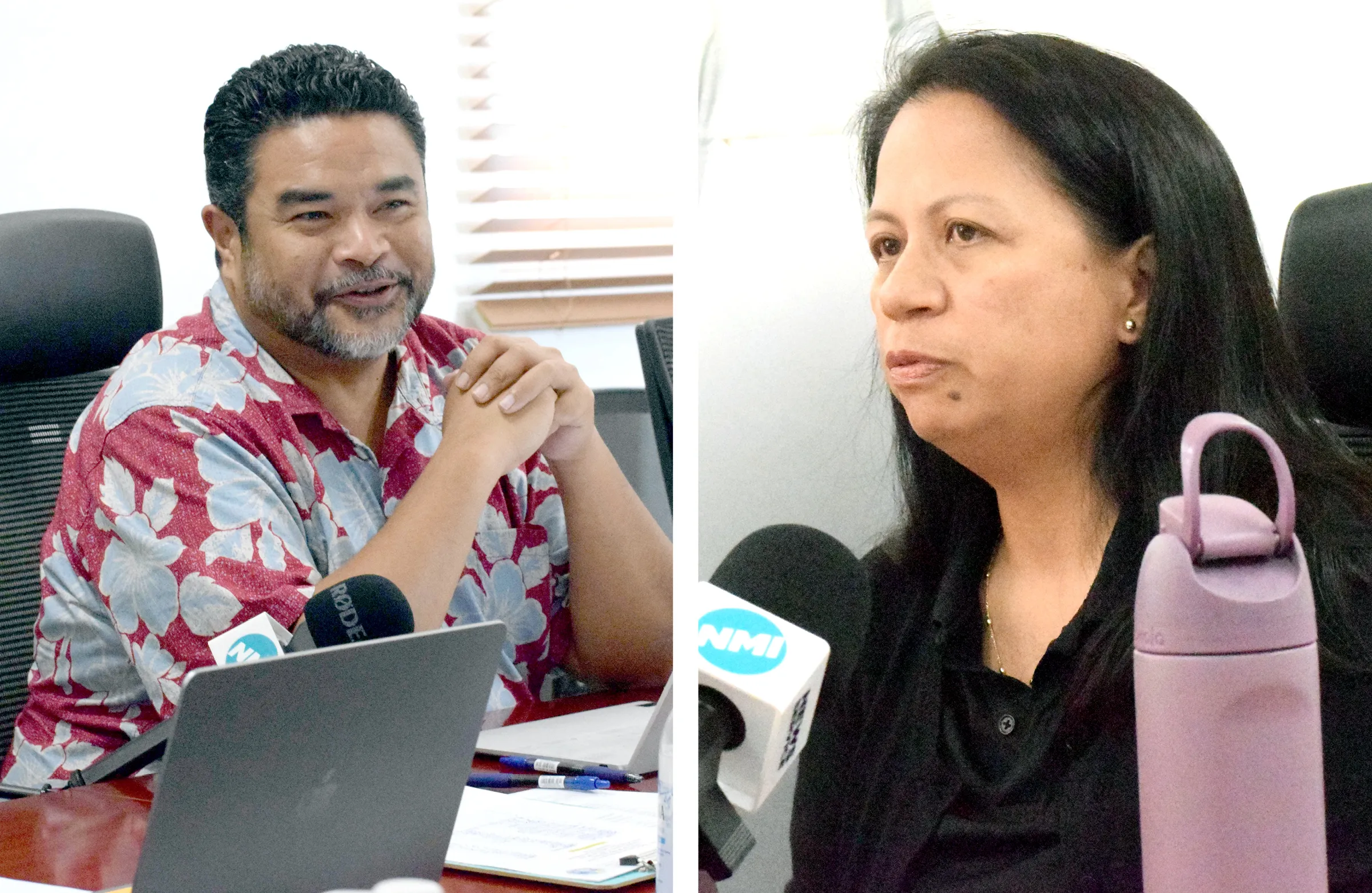
SENATOR Celina R. Babauta questions the role of the Commonwealth Casino Commission in the government now that the casino industry is gone.
In a Senate session on Feb. 14, 2025, she raised a concern about the allocation of $250,000 for the casino commissioners in the revised fiscal year 2025 budget that Gov. Arnold I. Palacios approved.
In a statement to Variety on Thursday, Babauta said, “I have consistently advocated for fair and equitable compensation across all regulatory bodies.”
She said during her tenure in the 22nd House of Representatives, and during her first year in the Senate, she introduced a bill to align the casino commissioners’ salaries with those of other boards and commissions.
“It is a matter of fiscal responsibility and fairness,” she said. “Currently, the CCC and the Cannabis Commission are the only regulatory bodies receiving annual salaries exceeding $50,000, specifically $65,000 and $55,000 respectively, for meetings that occur only once a month.”
She said these commissioners “are paid a full annual salary regardless of whether they convene a meeting each month. This lack of oversight is unacceptable and preposterous.”
Babauta also raised questions about the operational status of the CCC in light of the casino’s closure. “If the casino is closed, how can the commission justify its full operational status?” she asked.
She reiterated her concern about the recent decision to award CCC members a total of $250,000 in back pay.
She said, the “claim that CCC employees are not government employees [also] raises serious questions about the basis for this back pay.”
“If they are not government employees, on what grounds are they entitled to public funds? If this is not the definition of ‘ghost employees,’ I don’t know what is. Will the legitimate government employees affected by two years of austerity measures across the government and municipalities also receive back pay as well? I hope so,” she added.
Babauta also challenged the casino commission’s claim of being an “essential” operation.
She said the argument that the CCC is an essential 24/7 operation, even during austerity and typhoons, is questionable.
“While government employees worked under challenging conditions with reduced pay during austerity measures, CCC members received their full salaries. This disparity is unjust and infuriating,” she said, as she reiterated her commitment to “ensuring fiscal responsibility and transparency in government operations.”
“It is imperative that we re-evaluate the compensation structure of these commissions and ensure that public funds are utilized judiciously,” she said.
In a WhatsApp message, Casino Commissioner Mario Taitano said complying with the law is “an obligation of our government.”
He added, “I hope Sen. Celina Babauta finds solutions to our dying economy rather than criticizing casino gambling, which has more potential than the tourism industry, which is waiting for the final nail on the coffin, so to speak.”
In a meeting on Wednesday, the commission’s vice chairman, Ralph S. Demapan said, the CCC is not a “do-nothing” commission.
“Rest assured that we will continue to see what we can do to make sure the casino industry works. Yes, we are doing something. But at this point, there are litigations, cases in the court that need to be respected. We will wait for the result and once that comes out, then the CCC will ensure its due diligence,” Demapan said.
He also thanked the governor and the Legislature for recognizing the need for a casino commission. “We appreciate the understanding of our leaders,” Demapan added.
The CCC has said that the central government still owes the commissioners $291,666.
Public Law 18-56, which legalized casino gaming on Saipan, allows the commissioners to receive compensation from the annual regulatory fee collected from the lone license holder, the Imperial Pacific International. For nearly five years, however, IPI has failed to meet its obligations to the government and is currently undergoing bankruptcy proceedings in federal court.










